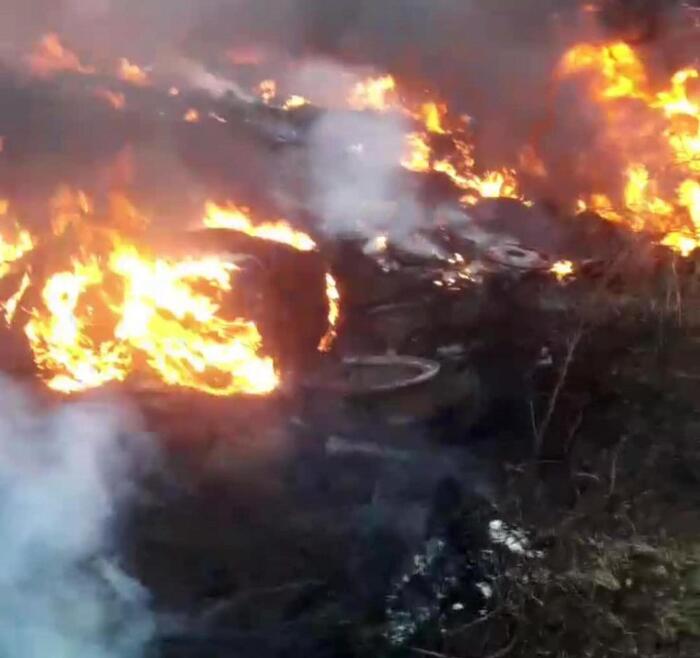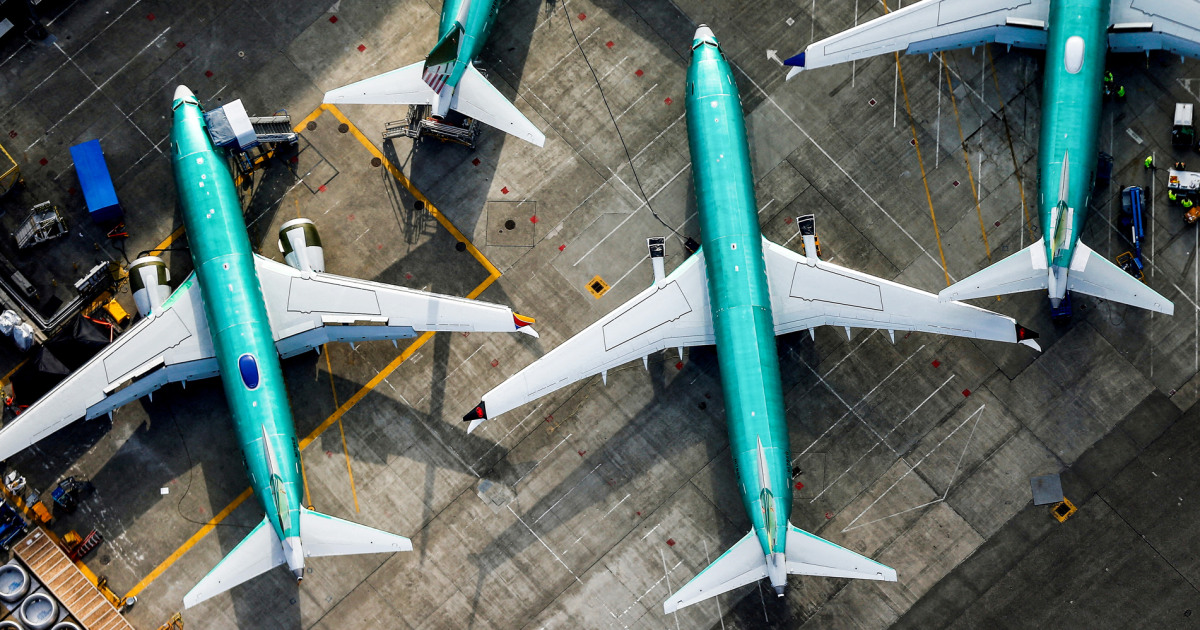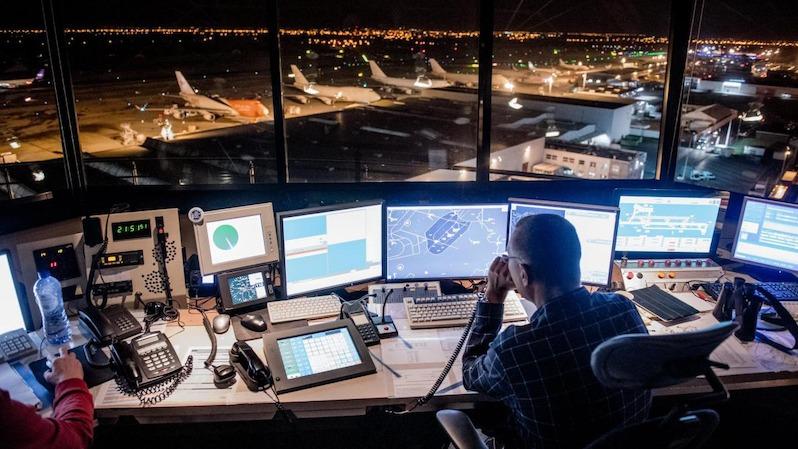A flight attendant from Eurowings
Photo: Christoph Hardt / imago images / Future ImageWhen people these days talk about the cleanliness of the cabin air in aircraft, it is usually about the Sars-CoV-2 virus. The focus is on the question of how great the risk of Covid 19 infection is on the plane. Aircraft manufacturers and airlines point out that the air is exchanged every few minutes and passed through powerful filters that don't give viruses a chance.
Another problem with cabin air has been preoccupying experts for some time. It is about chemical vapors that can arise on the engine and in some cases cause complaints to passengers and crews. For these health impairments - those affected reported shortness of breath, cardiac arrhythmias and headaches, among other things - the collective term "aerotoxic syndrome" exists.
So-called fume events, in which such problematic vapors waft in the cockpit or cabin, occur not infrequently: The Federal Bureau of Aircraft Accident Investigation, after evaluating figures from the period between 2006 and 2013, reported at least 663 incidents with contaminated air. However, these had "not led to any significant restrictions in flight safety" and consisted primarily of "unpleasant but harmless smells". Critics, however, considered this representation to be trivial, arguing with a list of cases in which crews asked for an early landing because of the fumes in their aircraft, even for safety reasons.
Six years of preparatory work
According to a report by the "Handelsblatt" there will soon be a European standard that will at least alleviate the problem. Under the aegis of the French Aerospace Standards Office (BNAE), the European Committee for Standardization (CEN), a private, not-for-profit organization based in Brussels, is currently dealing with the issue. In September, after six years of preparatory work, the first proposal for a regulation should be on the table, according to the report. However, this would only be binding if the EU Commission were to adopt it. According to the report, there is currently no evidence of this.
According to the newspaper, the new norm will not bring about a revolution anyway. For too long and in too many jets, the previous practice has been running for decades - and thus probably for decades too: The air in the interior of an aircraft normally comes from the compressor of the engine. And there it can be contaminated with chemicals under unfavorable circumstances. These include burned residues from engine and hydraulic oil. Only in selected models such as the Boeing-787 are other technical solutions used. The motivation here is not the quality of the cabin air, but better fuel efficiency.
Airlines and aircraft manufacturers do not want to change the existing technical solution - because they consider this unnecessary from their point of view. They refer to the findings of the EU flight safety authority EASA, according to which there is no evidence of health hazards from cabin air. Critics of this argument state that only a small number of measurement flights had been made for the study in question and that EASA did report in another study on the risks from burned lubricating oil products in cabin air.
The EASA, according to the "Handelsblatt", is demanding that the new standard for cabin air must also contain "the description of measurement methods, the chemical compounds to be measured and their limit values". The present draft must be "refined".
Icon: The mirrorchs









